I am guilty of using this word as filler or an intensifier all the time. This is a public note to myself to cut it out.
language
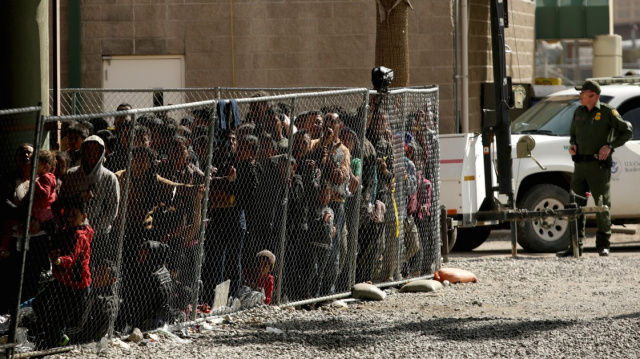
"It is the choice between thinking that whatever is happening in reality is, by definition, acceptable, and thinking that some actual events in our current reality are fundamentally incompatible with our concept of ourselves..."I think this is an important concept that I'm trying to understand. I wish there was a term for this idea: If the problem was really bad someone would have stopped it already. My hunch is this line of thinking is pervasive.
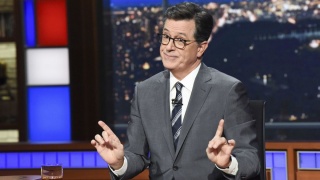
I agree with this. Repeating a frame or an idea—even to mock it—distributes and strengthens that idea. I love Colbert but I stopped watching a long time ago. Laughing wasn't enough to make up for the disturbing source material. It reminds me again that the old Internet cliché don't feed the trolls is something the media hasn't adopted yet. See also the great way Jay Smooth put it: Don't Link to the Line Steppers.
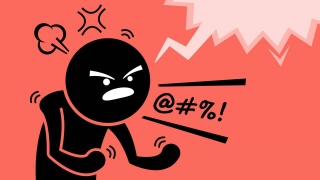
Listen up you stinklinguists! This formula for creating new, creative swear words is the crapgrenade you've been waiting for. (NSFW, obviously.) What I find even more hilarious are phrases that are not remotely related to swear words but sound like they are. Prime example: this cracks me up every time I think about it.
They call it Cyber Monday. (But Tuesday's just as wired?) Why do we call anything internet-related cyber-? Oxford University Press describes the etymology as a mashup between cybernetics in the 40s and William Gibson's coinage cyberspace in the 80s. Interesting that it has the connotation of "steering" or "control". And here's some cybermusic for your cyberbackground as you cybershop with your newfound cyberknowledge. I propose we ditch the old fashioned cyber and call it Information Supermonday instead.
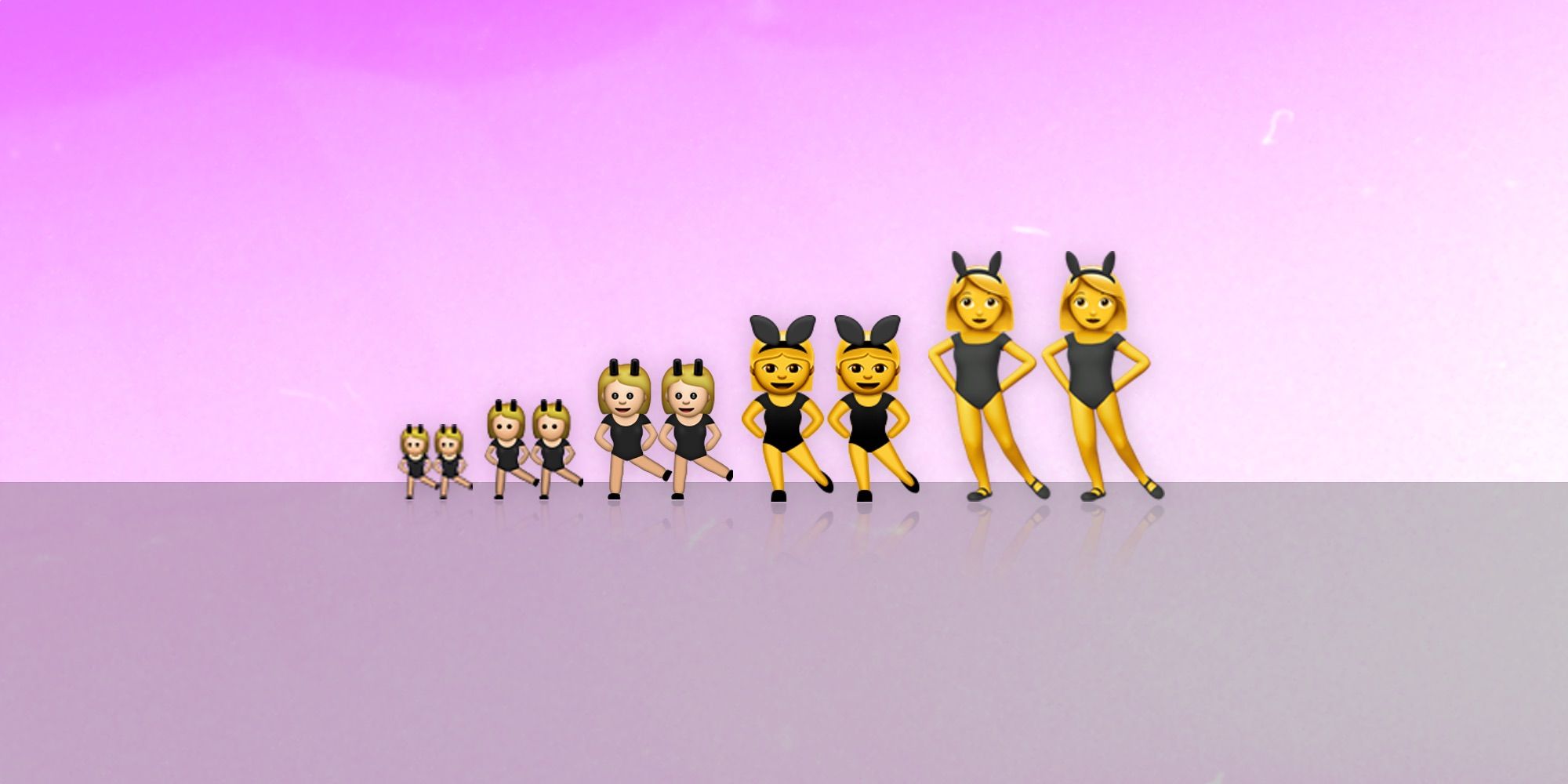
I've things you wouldn't . This article about emoji history on iOS is great. I remember downloading some sketchy app in 2008 just to unlock the hidden emoji keyboard. It's hard to remember how unusual it seemed to see pictures in the keyboard area. Many were hard to decipher and there didn't seem to be any rhyme or reason to them. The mystery made them compelling. Previous phones had built-in smileys but they weren't in wide use. I think the variety of emoji available made them something special that we're still enjoying incorporating into our language. Apple is missing something about their ambiguity by making emoji hyper-realistic, but they are pretty to look at on their high-resolution screens. I'm glad Emojipedia is keeping this history so past emoji won't be lost like in the .
See also: Who Created The Original Apple Emoji Set?
See also: Who Created The Original Apple Emoji Set?
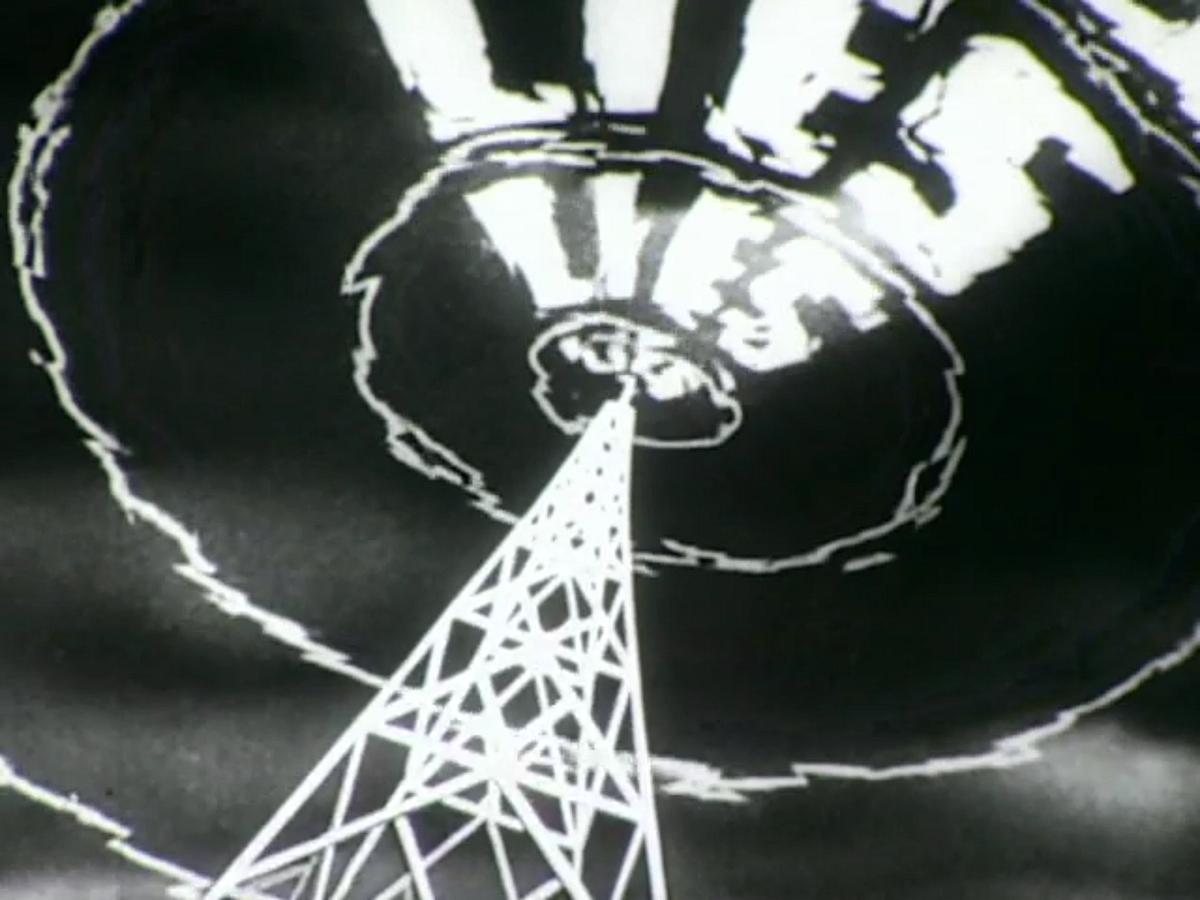
Here's another great article by linguist George Lakoff about our current media environment. It's frustrating to see the same dynamics play out over and over again. It's like seeing legacy code in action while lives depend on refactoring. Two other folks I tune into for analysis of the media are Ezra Klein and Jay Rosen and they recently had a conversation about what's happening now. Also also, don't miss Klein's article about Enemy of the People. And after you digest all of that important garbage, a reminder from Warren Ellis: You can tune your Internet connection until it is useful and fun.
George F. Will: Donald Trump is the GOP's chemotherapy. The last paragraph here burns so brightly with rage that it transcends rant and becomes oddly beautiful.
-
"So, my hypothesis is that IAMA [I am a...] and AMA [ask me anything] are an important type of citizen journalism. Call it 'community journalism.'" TIL (today I learned...) is also a nice convention. [via waxy]
-
This command line browser that can run JavaScript looks handy for testing web apps.
-
"Buzzwords are frequently used in news media. These are words that do not typically occur in everyday speech, but are common among newscasters, talking heads, and pundits on cable news." Often misused, this site collect media buzzwords and provides the real definition.
-
This solid list of Sinatra slang is gasville. (Am I doing that right?)
-
Kids sing The Smiths.
-
"I thought I would die, severed from the tweetosphere, but I didn’t."
-
Turn terrible business jargon into plain English.